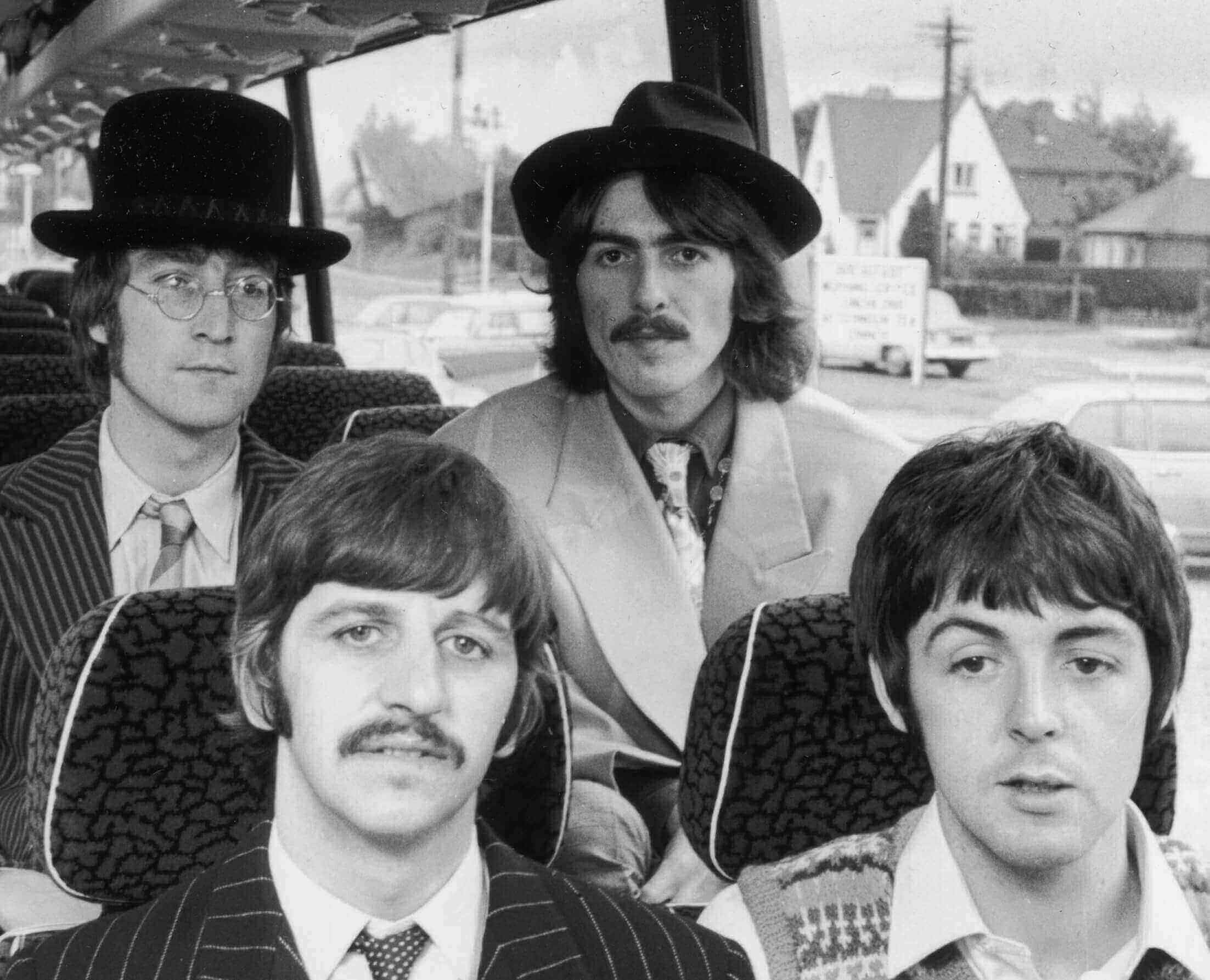
The Beatles’ ‘Eleanor Rigby’ Was Inspired by Skin Cream
TL;DR:
- Paul McCartney revealed what inspired the “face in a jar” from The Beatles’ “Eleanor Rigby.”
- He said The Beatles’ “Eleanor Rigby” could not be replicated on a stage.
- For this reason, he compared it to another Revolver song: “Tomorrow Never Knows.”
Paul McCartney revealed The Beatles’ “Eleanor Rigby” was partly inspired by his mother’s skin routine. He said his mom’s hygiene choices scared him. In addition, he revealed a pair of controversial writers really liked “Eleanor Rigby.”
Paul McCartney said The Beatles’ ‘Eleanor Rigby’ was inspired by a cream he loves
During a 2021 interview with The New Yorker, Paul discussed how skin cream inspired “Eleanor Rigby.” “My mum’s favorite cold cream was Nivea, and I love it to this day,” he said. “That’s the cold cream I was thinking of in the description of the face Eleanor keeps ‘in a jar by the door.’ I was always a little scared by how often women used cold cream.”
While “Eleanor Rigby” isn’t a scary song, it has a bit of a spooky feel. The warmth of many of The Beatles’ more famous songs is replaced with an old-school Gothic ambiance. With that in mind, it makes sense that the tune was inspired by something that scared Paul.
Paul McCartney and 1 of the other Betales had different memories of the writing of the song
In the 1997 book Paul McCartney: Many Years From Now, Paul portrays “Eleanor Rigby” as primarily his work, inspired by his own experiences. Despite this, John Lennon claimed to have written over 70% of the tune. While Paul disagreed with John’s recollections, he didn’t want this to be seen as an attack on John.
Paul said he was still a huge fan of the “Imagine” singer. The only reason Paul contradicted his bandmate was to preserve his side of the story. He felt he was incredibly lucky to meet John.
Allen Ginsberg and William S. Burroughs were both early fans of ‘Eleanor Rigby’
In The New Yorker, Paul said two of the most notable authors of the 1960s were big “Eleanor Rigby” fans. “Allen Ginsberg told me it was a great poem, so I’m going to go with Allen,” he said. “He was no slouch. Another early admirer of the song was William S. Burroughs, who, of course, also ended up on the cover of Sgt. Pepper.” Ginsberg is most known for his widely-banned poem “Howl” while Burroughs is primarily remembered for his controversial novel Naked Lunch.
Paul revealed what made “Eleanor Rigby” different from previous Fab Four tunes. “I’d been experimenting with tape loops a lot around this time, using a Brenell reel-to-reel — which I still own — and we were starting to put more experimental elements into our songs,” he recalled. “‘Eleanor Rigby’ ended up on the Revolver album, and for the first time we were recording songs that couldn’t be replicated onstage — songs like this and ‘Tomorrow Never Knows.'”
Paul’s mother inspired “Eleanor Rigby” and it went on to gain the approval of two classic authors.


